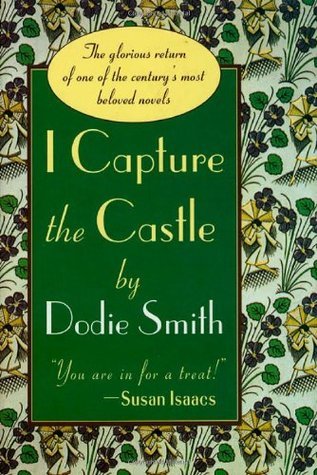What do you think?
Rate this book


408 pages, Hardcover
First published January 1, 1948




"Ah, but you are the insidious type-Jane Eyre with a touch of Becky Sharp. A thoroughly dangerous girl..."
I don’t really want to write anymore, I just want to lie here and think. But there is something I want to capture. It has to do with the feeling I had when I watched the Cottons coming down the lane, the queer separate feeling. I like seeing people when they can’t see me. I have often looked at our family through lighted windows and they seem quite different, a bit the way rooms seen in looking glasses do. I can’t get the feelings into words-it slipped away when I tried to capture it